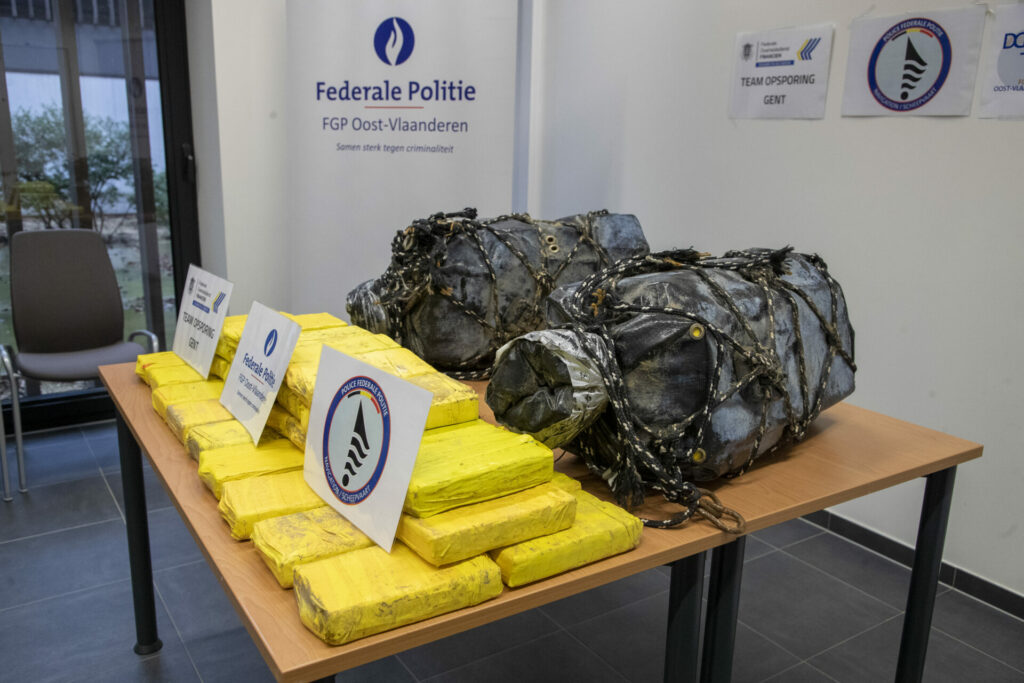"The fight against drug-related crime is an absolute priority," Prime Minister Alexander De Croo said earlier this week as Belgian and Dutch authorities jointly presented their assessment of drug seizures in their international ports.
In Antwerp, a record 110 tonnes of cocaine were intercepted last year, with quantities continuing to rise since 2013. "I think everyone must be aware of the fact that the drug trade is bloody, even if the consumption may seem harmless to some," the Prime Minister said.
A day before the prime minister spoke, an 11-year-old girl died in Merksem, amid shootings that were suspected of being linked to violence between Antwerp gangs. "The societal impact often affects people who are not related to it, like this little girl," De Croo said. "We all have to realise that. Drug use has a huge cost to society, which we cannot accept."
Related News
- Bring in the big guns: Politicians want army to fight Port of Antwerp drug war
- Belgium ramps ups its capacity to incinerate seized cocaine
In the wake of this tragedy, however, this should not be the time for criticism, he added. "This is not the time to point fingers. We work closely with the cities, including the mayor of Antwerp, Bart De Wever," De Croo said.
According to Finance Minister Vincent Van Peteghem, drug use in Belgium is being normalised. "We probably only stop a fraction of what comes in," he said. "Users must realise that they are threatening our safety. Without demand, there would be no supply."

